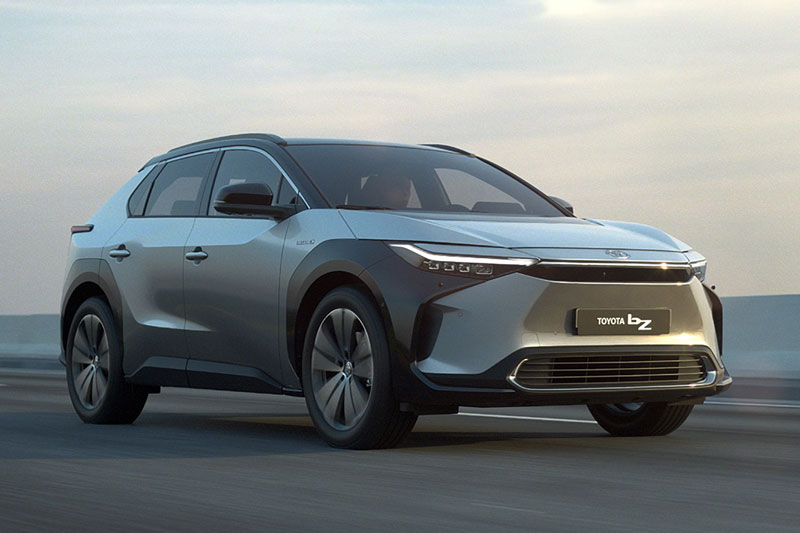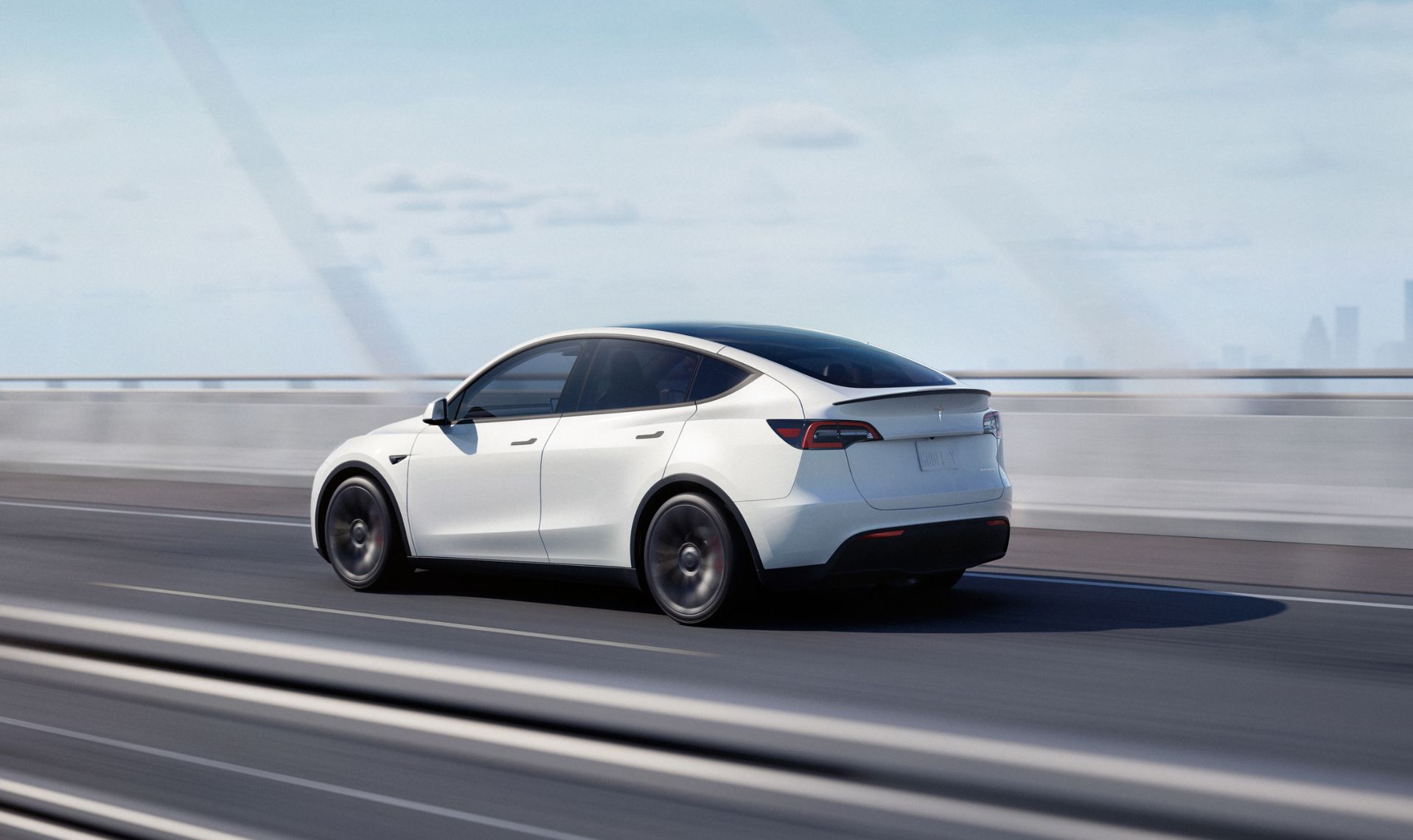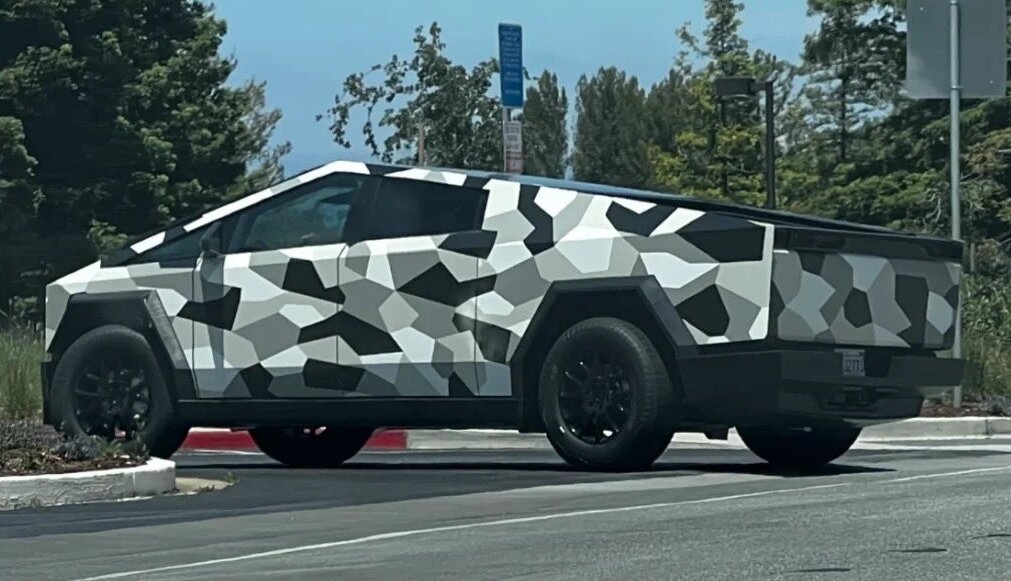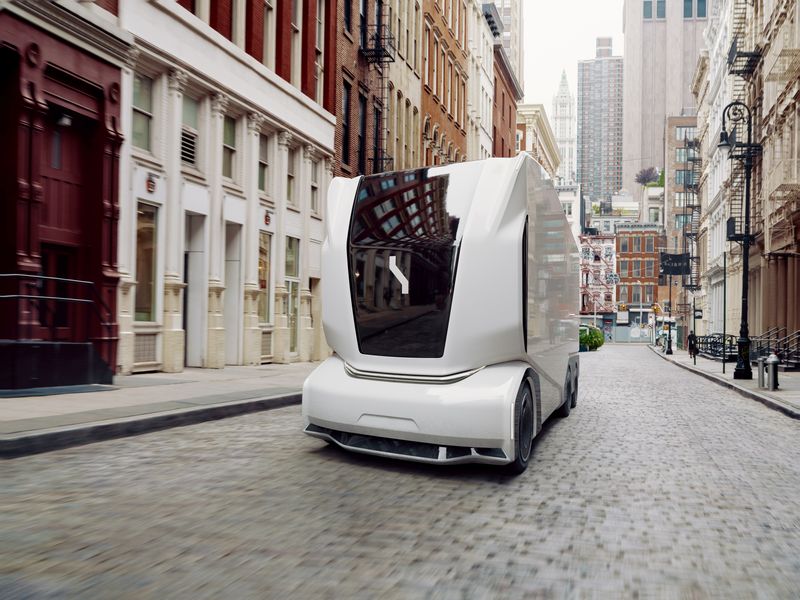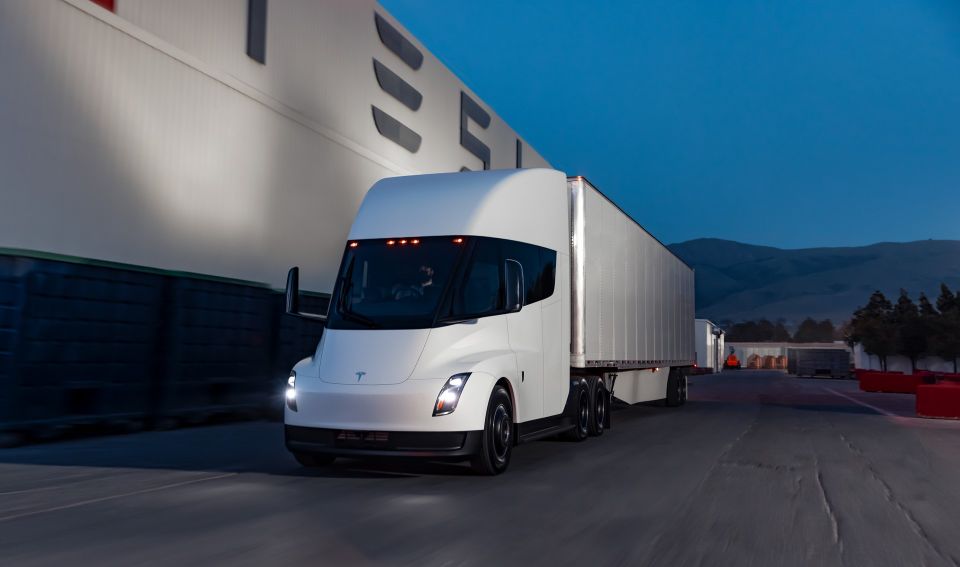Toyota, Japan’s leading automaker, presented a groundbreaking roadmap for its electric vehicle (EV) technology, marking a significant step towards capturing a larger market share in the EV sector. The announcement preceded an annual general meeting (AGM) where shareholders were poised to vote on an unprecedented resolution regarding the company’s climate lobbying efforts.
The roadmap introduced by Toyota serves as a robust signal to investors, demonstrating the company’s commitment to EVs and addressing concerns raised by activists and green investors regarding its slow progress in the field. Toyota’s approach to achieving carbon neutrality involves a multi-pathway strategy, encompassing petrol-electric hybrids, hydrogen fuel cells, and battery EVs. The company argues that this diversified approach is more effective in reducing carbon emissions and aligns with varying customer needs, EV infrastructure availability, and clean energy supplies across different countries.
Under the leadership of CEO Koji Sato, who succeeded Akio Toyoda, the grandson of the company’s founder and current chairman, Toyota has embraced a substantial overhaul that its engineers and planners have been developing for several months. The unveiling of this roadmap has been well-received, reflected in a 4.5% rise in Toyota’s share price on Wednesday, following a similar increase the previous day. The company’s shares are now on track for their most impressive two-day performance in over three years.
In addition to addressing climate concerns, Toyota also faces scrutiny over its governance structure. Several major U.S. public pension funds have expressed their intention to vote against Toyoda’s re-election as chair, citing concerns about a lack of board independence. Toyota, however, contends that its board meets the governance standards set by the Tokyo Stock Exchange. It further states that Toyoda’s re-nomination is driven by his commitment to transitioning the company from a traditional automaker to a provider of diverse mobility services.
During the AGM, shareholders were anticipated to vote on a resolution calling for increased transparency in climate lobbying, a resolution that the board had recommended rejecting. Additionally, votes were expected on the appointment of directors. It is widely speculated that shareholders will reject the climate lobbying resolution and support the board’s recommendations.
Coinciding with these developments, Toyota announced on Tuesday that it is developing a dedicated EV platform to enhance cost efficiency. Moreover, the company revealed plans for a highly automated assembly line that would replace the conventional conveyor belt system that has characterized automotive production for over a century. Toyota also expressed its intention to adopt Giga casting, an innovation pioneered by Tesla, utilizing large-scale aluminum casting machines to simplify car manufacturing and reduce production costs.
Toyota’s ambitious electric vehicle roadmap, coupled with its focus on governance and manufacturing innovations, demonstrates the company’s determination to adapt to changing market dynamics and meet the evolving demands of the automotive industry.

